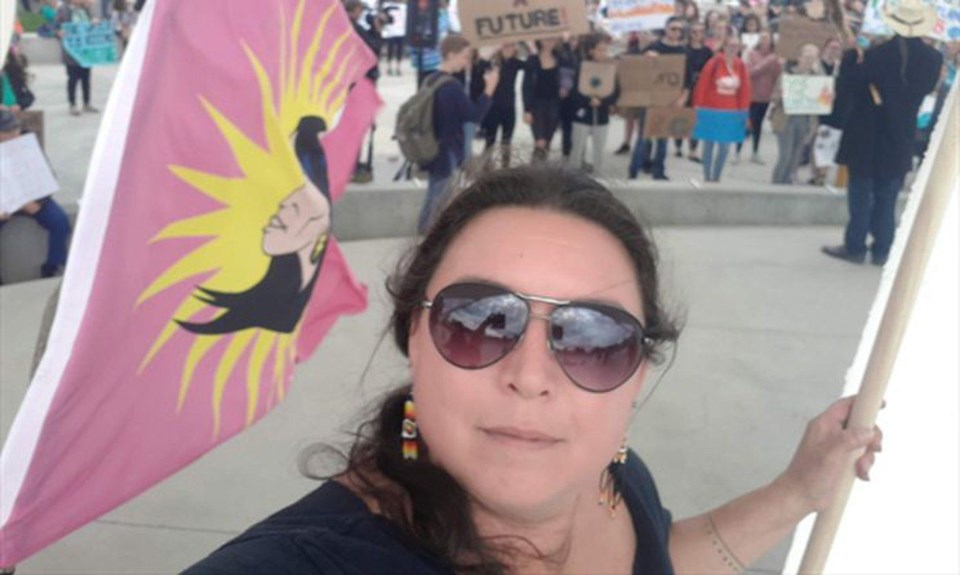An Indigenous activist from Beausoleil First Nation said that International Women’s Day held annually in early March is a time to honour and celebrate all women, but also a time to recognize there is much work to be done, especially for First Nation females.
Tori Cress, an outspoken member of the Idle No More movement, said the lack of action and transparency by governments on the Missing and Murdered Indigenous Women and Girls Inquiry recommendations is a classic example of where more legitimate progress needs to be made.
She pointed out the inquiry’s final report was released back in June of 2019, with 231 calls to action.
“Absolutely nothing has changed. Indigenous women are still being murdered and going missing at an alarming rate," said Cress.
"Until Canadians snap out of it and realize they need to include us — include Indigenous women when we speak about International Women’s Day. People need to include us in the conversation about domestic violence," she said. "We have this big, huge, thick report that Canada continues to ignore. The violence against Indigenous women has not ended at all.”
Cress said part of the problem is that police were not involved in the inquiry process. Commissioners crisscrossed the country listening to heartbreaking stories about cases of missing Indigenous women and domestic assaults that were not properly investigated by police. Cress said the inquiry was held without active police participation.
“I myself had to call police because of violence within the home. The police said because we are hunters and there were guns in the home, they had to send three cruisers with all men officers,” Cress said.
“There was no protection for me in my own home. They spoke with me and then they spoke to my husband. When I approached them talking to my then-husband, it was just an old-boys’ club. When I walked in, they shut down the old boys’ club chatter. The police weren’t there for me. They were only there to empathize with my husband.”
Cress said until she sees a meaningful and dramatic change in attitude from police toward Indigenous women in Canada, the problem of missing and murdered Indigenous women and girls will persist.
“Indigenous women don’t make the calls to police because we are treated like the criminals. It’s simply not safe for us to call the police.”
Cress said before colonialism, Indigenous families were usually headed by the matriarch. But she added that all ended when European men discovered North America and brought their male-dominated society with them. Cress said Indigenous women have been trying to regain their power, prestige and influence ever since.
“That’s what I saw with Idle No More. I saw a power struggle. Men who have led the way with their words and women who were rising up. They didn’t want to move aside for us. They only wanted to talk about how to respect Indigenous women, but not show it,” Cress said.
She said she posted a message on her Facebook page to honour Indigenous women on this day. Cress said she wanted to point out that the only way for Indigenous women to improve their lives is to stick together and support each other. That message, she said, is quoting female Indigenous spiritual leaders she has met during her travels.
"In Anishinaabemowin, it is impossible to say, ‘I am a woman,’ and have it be singular. By declaring yourself to be Anishinaabe Kwe, you include all of the women who went before you, right to the beginning of time," Cress explained.
"They hold you up and support you. You include all the women who will come after you, one by one walking into the future. They are ready to take the work from you and move it along. You can never be singular.”
John McFadden is a Local Journalism Initiative reporter covering Indigenous issues for MuskokaRegion.com, ParrySound.com and Simcoe.com. His reporting is funded by the Canadian government through its Local Journalism Initiative.


.png;w=120;h=80;mode=crop)
